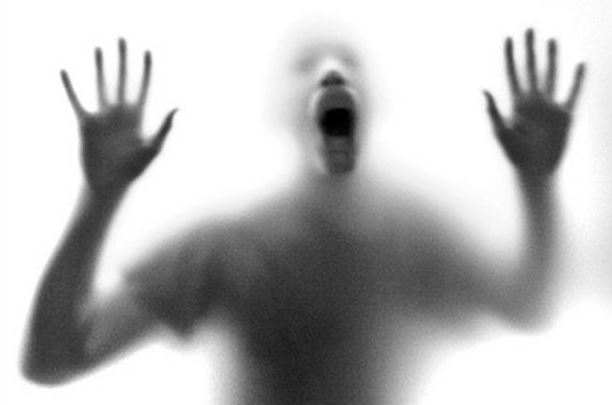
by Fr. Patrick Henry Reardon
In Quitting Church, her impressive study of religious sociology, Julia Duin quotes a friend who dropped out of the Orthodox Church:
“The Orthodox, Emile said, are answering the question no one is asking: what is the true Church?”
This comment is interesting in several respects, but I am mainly impressed by its reliance on what Robert Wuthnow (in Communities of Discourse) calls the “problem of articulation.” Wuthnow identifies this problem as
“the delicate balance between the products of culture and the social environments in which they are produced.”
This problem arises on the conjecture that the elaboration of Christian doctrine is the Church’s response to socio-historical concerns. Alister McGrath (in The Genesis of Doctrine) and others argue that all articulations of the Christian faith, including the dogmas of Triadology, Christology, and Soteriology, are formulated within specific socio-historical contexts that determine their direction and content.
In short, according to this theory, it is the business of the Church to answer the questions the world is asking. If the Church refuses to be guided by the questions of contemporary society, the message of the Church is irrelevant, so no one will pay attention to it. Judging by this standard, Duin’s friend, Emile, finds the Orthodox Church coming up short.
If, on the other hand—still following the argument of the same theory—the message of the Church is determined by the expectations of the world, then the Church loses her prophetic vocation to address and correct the world. (Biblical prophets pretty regularly addressed questions their contemporaries were not asking.) Hence, there is this “delicate balance” of which Wuthnow speaks.
One detects two errors here, I believe.
First, Withrow’s approach is but a new formulation of Schleiermacher’s old notion, according to which all religious teaching, including Christian doctrine, is simply the reflection of religious feeling and aspirations. He wrote,
“Christian doctrines are accounts of the Christian religious affections set forth in speech.”
And,
“Dogmatic Theology is the science which systematizes the doctrine prevalent in a Christian Church at a given time.”
Thus, Schleiermacher reduced theology to religious anthropology.
Second (but still in accord with Schleiermacher), there is a serious confusion about the task of theology. It is emphatically not the business of the Church to let the world set her theological agenda. While theology certainly can and does address questions that arise from outside the Church, those questions are answered entirely within the context of the revealed faith. There is no expectation that theology’s answers to the world’s questions will be the least bit attractive to those
“whose minds the god of this world has blinded.”
The value of theological teaching is not established by its popular appeal but by its conformity to one standard only: fidelity to the revealed truth.
A current controversy may illustrate my point. In their book, Recovering the Scandal of the Cross, Joel B. Green and Mark D. Baker raise formidable objections to what is called
“the penal substitutionary theory of the atonement.”
According to this theory, the sufferings and death of Jesus were God’s punishment of the human race, through which the divine wrath was assuaged and the divine hostility was averted; we are saved because Jesus was punished in place of the rest of us.
Among the reasons for rejecting this theory of redemption, according to these authors, is the fact that modern people find it irrelevant. They say it is bad theology, in part because it no longer addresses the active questions and concerns of the world. Quite the opposite, in fact; this theory renders the Gospel distasteful, revolting, and unattractive to modern man.
In my opinion, this objection to the penal substitutionary theory of the atonement, is quite beside the point. Whatever the reasons for challenging or rejecting the penal substitutionary theory of the atonement, they should not include even the faintest consideration of what citizens of the world happen to think on the subject. The religious opinions of the unconverted—even if they consider themselves Christians and meet together in little groups of like-minded friends—have no proper weight in Christian theology.
